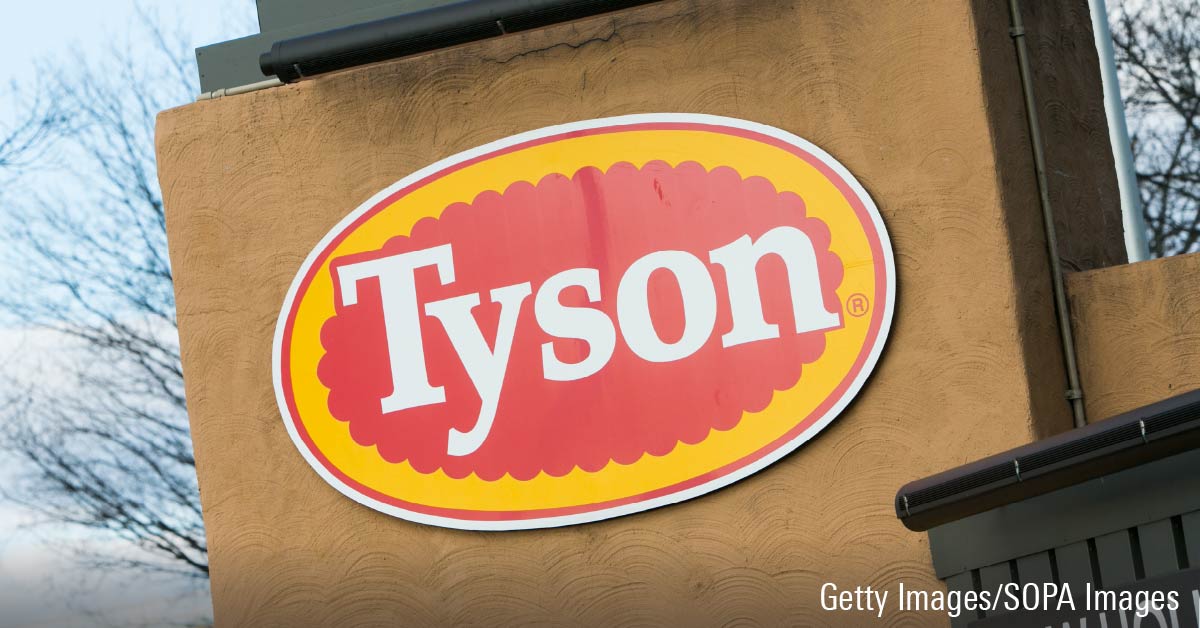Tyson Earnings: Macro Pressure Continues, but Market Overlooks Sequential Improvement; Shares Cheap

We don’t anticipate changing our $85 per share fair value estimate for no-moat Tyson TSN after reviewing its preliminary fiscal third-quarter earnings release. Shares were down 4% after the report as the market focuses on continuing weak profitability across many of Tyson’s businesses on a year-over-year basis. However, we think this view overemphasizes near-term earnings projections and overlooks sequential improvement. We do not see any structural changes to its end markets that would alter our long-term outlook for low-single-digit percentage annual revenue growth and a return to mid- to high-single-digit adjusted operating margins. Shares trade significantly below our fair value estimate and offer an attractive risk-adjusted upside as well as a 3.4% dividend yield.
In the quarter, Tyson generated $13 billion in revenue, a 3% decline year on year, and a 1.4% adjusted operating margin. Margin declined markedly from the 7.4% mark achieved one year ago, but it was a notable improvement from the second quarter’s 0.5% result. Moreover, while macroeconomic conditions remain difficult (particularly in beef and pork), we think the company’s focus on improving costs will bear fruit. Specifically, it will close another four of its less efficient chicken plants to drive higher utilization across its production footprint. We forecast an operating margin of 7.5% by fiscal 2027, well above our roughly 1.5% forecast for fiscal 2023 and in line with historical performance.
Tyson’s prepared foods segment continued to perform well. Although sales declined with broader product trends, the segment’s adjusted operating margin expanded to 9.2%, 160 basis points higher than last year. Tyson’s focus on new product development has generated positive outcomes, with management highlighting the successful release of chicken sandwiches in retail and foodservice. Still, supporting our no-moat view and bringing earnings volatility, most of its revenue comes from commoditized raw meats.
The author or authors do not own shares in any securities mentioned in this article. Find out about Morningstar’s editorial policies.

/s3.amazonaws.com/arc-authors/morningstar/220f0649-85f9-4004-a281-b91d9bc53139.jpg)
/cloudfront-us-east-1.images.arcpublishing.com/morningstar/ZPLVG6CJDRCOTOCETIKVMINBWU.png)
/cloudfront-us-east-1.images.arcpublishing.com/morningstar/ZZSPP5AYAJB2RIRVFE2XR23GUQ.jpg)
/cloudfront-us-east-1.images.arcpublishing.com/morningstar/NYUEHSFI4BDCJPQZJ76HH4PKSM.jpg)
:quality(80)/s3.amazonaws.com/arc-authors/morningstar/220f0649-85f9-4004-a281-b91d9bc53139.jpg)